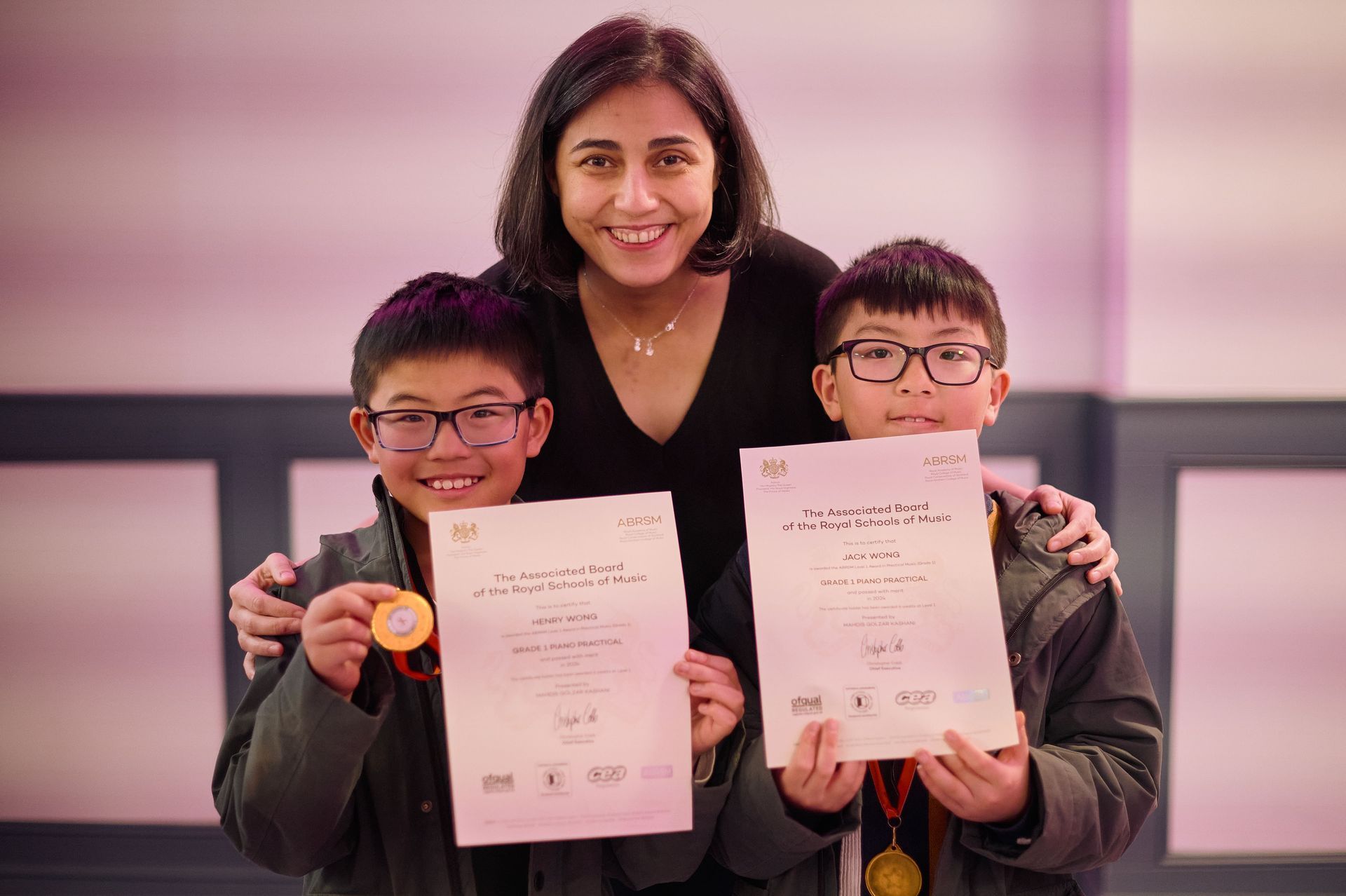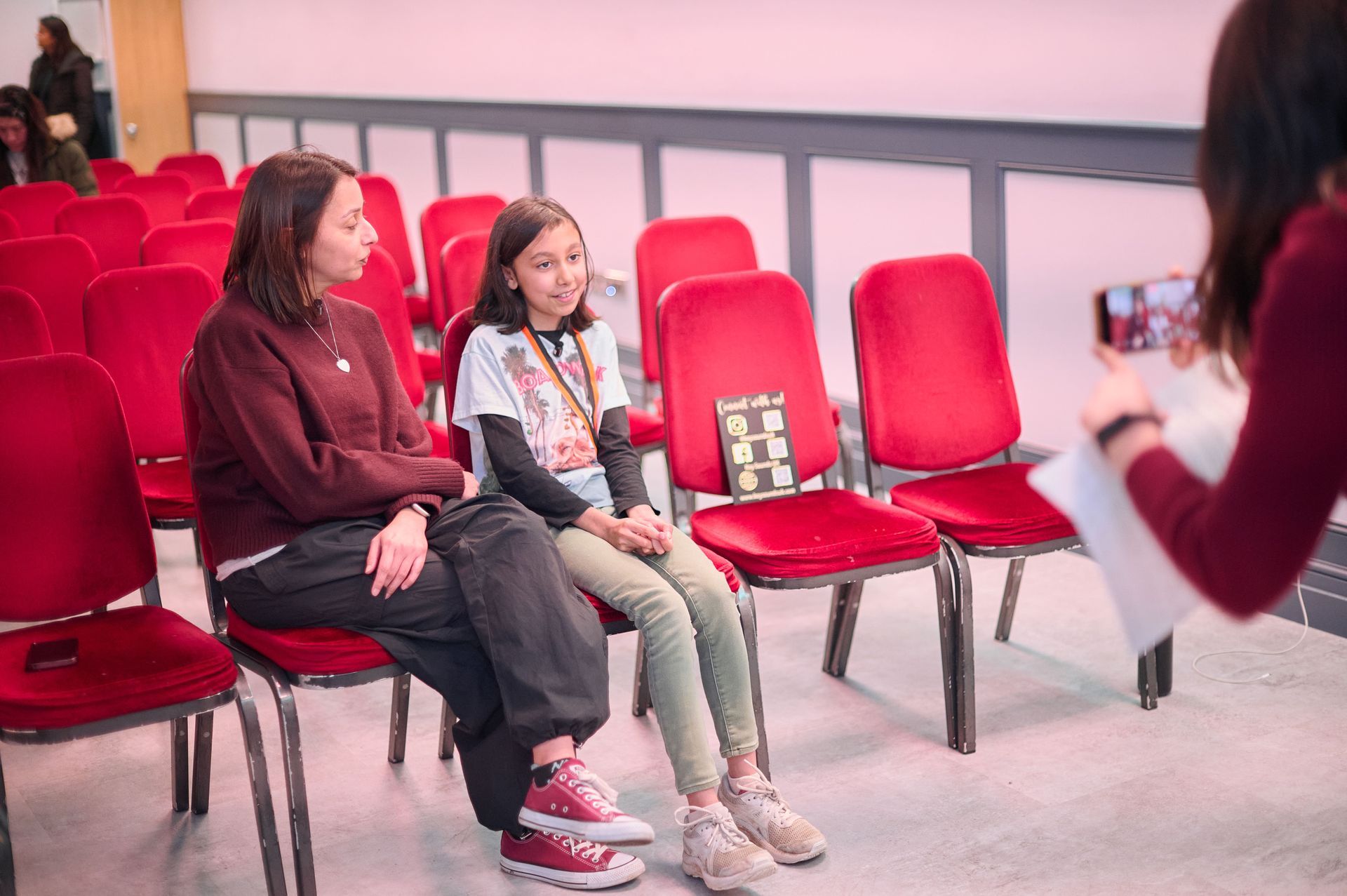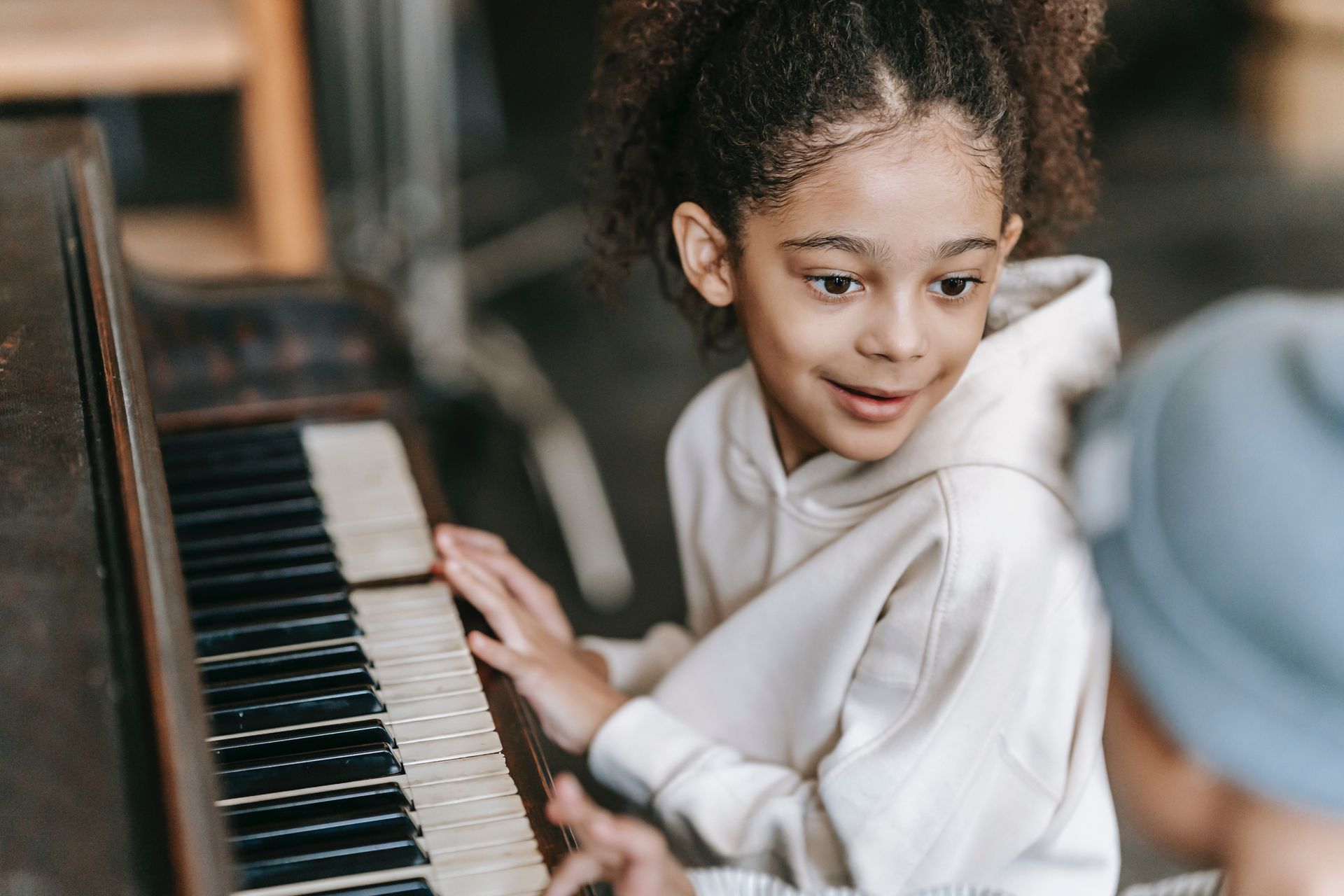The Importance of Listening to Music as a Piano Player
Active and passive listening to music both offer distinct advantages for individuals learning to play the piano. Actively listening involves focused attention on the music, analysing its structure, dynamics, and nuances. For piano learners, active listening can enhance their understanding of musical concepts such as rhythm, melody, and harmony. By dissecting pieces played by proficient pianists, learners can absorb stylistic elements and techniques, which they can then incorporate into their own playing. Active listening cultivates a deeper appreciation for music and encourages pianists to refine their skills through imitation and experimentation, ultimately leading to improved performance abilities.
On the other hand, passive listening provides a more relaxed and subconscious absorption of music. While engaged in other activities or simply allowing the music to play in the background, piano learners can still benefit from passive listening. Constant exposure to diverse musical styles and compositions helps develop a pianist's ear for different melodies, chord progressions, and rhythms. Passive listening also aids in internalizing musical patterns and structures, which can facilitate memorization and interpretation during practice sessions. Additionally, regularly immersing oneself in music fosters a strong emotional connection to the art form, motivating piano learners to persevere through challenges and express themselves more authentically through their playing.
Combining both active and passive listening approaches creates a well-rounded musical experience for piano learners. Actively engaging with recordings of accomplished pianists allows learners to study and dissect intricate musical elements, refining their technical skills and interpretative abilities. Meanwhile, passive listening provides a continuous and effortless exposure to a variety of musical genres and compositions, nurturing a deep understanding and appreciation for the art of piano playing. By integrating these listening practices into their musical journey, aspiring pianists can accelerate their progress, broaden their musical horizons, and cultivate a lifelong passion for playing the piano.
If you wish to know more about these hacks and resources, feel free to take a look around our website or connect with us directly!



